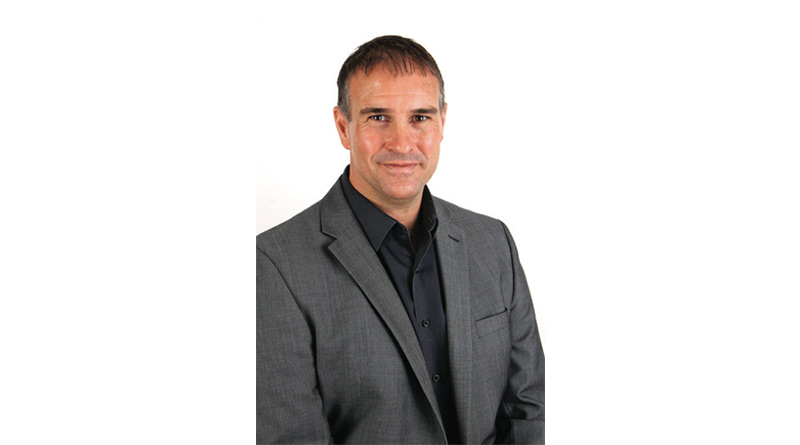Hospitality Institutions Must Adapt To Keep Customers Safe from COVID-19

By Rob Chester, UK Managing Director at NSF International (www.nsf.org)
The COVID-19 pandemic has had a huge impact on the hospitality industry, with sales at pubs, restaurants and hotels across the UK plummeting by 87% between April and June.As the Government continues to reopen the economy, hospitality institutions are approaching a critical juncture on the road to recovery. Rishi Sunak’s ‘Eat Out To Help Out’ scheme has certainly provided a welcome boost for many, yet this will count for nothing if companies fail to uphold hygiene standards.
The challenge facing these businesses is not simply one of reopening – they need to stay open. If, through inadequate hygiene practices, staff or customers contract and spread the coronavirus, those businesses will once more be under threat and forced to shut. In some cases, permanently. As the U.K. slips into recession, further mistakes are not an option.
CLEANING PROTOCOLS AND ADAPTING INDOOR SPACES
Establishments in the hospitality sector must ramp up their cleaning methods to reassure guests and keep customers safer.This means increasing the number of hand sanitisers available, establishing a rigorous schedule of cleaning public areas and only using specialised, approved biocidal cleaning products for wiping surfaces.
Hotels, bars and restaurants also need a better understanding of how infection is transmitted in order to establish appropriate infrastructure which protects employees and customers alike.They need to adapt rap- idly, for example by installing adequate ventilation that ensures appropri- ate exchange of air rather than its ‘recirculation’.
Higher outside air fractions and higher air exchange rates in buildings may have the potential to help dilute the indoor contaminants, including viral particles, from air that is breathed within buildings. Barriers, mean- while, may enhance consumer confidence but in practice they serve as a collection point for virus particles.
Taken in isolation, neither of these measures provides a solution. Together, combined with good hand hygiene, they can make a big difference. Masks, in turn, add another layer of protection.
THE VALUE OF INDEPENDENT ASSESSMENT IN BOOSTING CONSUMER CONFIDENCE
Once you have done all the hard work, how do you provide reassurance to your customers? After all, no business is going to advertise the fact that they have cut corners, but there is a big difference between improvised self-assessment and the thorough, comprehensive approach overseen by science-based, independent, third-party organisations such as NSF International.
Having your processes and implementation of these processes validated by an independent third party builds confidence in customers. It is vital for hotels, bars and restaurants to thrive at such a crucial period, which is why consumers need to know that businesses are taking the COVID-19 challenge seriously.
Words are not enough.When people return to these establishments, they expect to see physical differences.They want to see clear evidence of the new steps that you are taking on cleanliness and hygiene. Making a good first impression will grow trust and bring more customers in through the door.
Public awareness of hygiene has been transformed by COVID-19.They know contamination happens in any environment and will continue to demand reassurance that businesses are taking every possible measure to reduce risk. Business as usual – as we used to know it – is no longer an option. Staff need to be trained on an ongoing basis, while hygiene protocols need to be followed and reinforced.Tackling the risks posed by pandemics cannot be achieved all at once; it is a lifelong business commitment.
As with the wider public, this is brand new territory for most businesses. And with guidelines constantly evolving, meeting the challenge is a daunting prospect.That is where the practical support of an independent specialist with deep scientific expertise not only strengthens consumer trust – it gives companies the peace of mind that they are doing everything they can.
If there is one piece of advice every company in the hospitality sector should heed it is this: if in doubt, follow the science.
